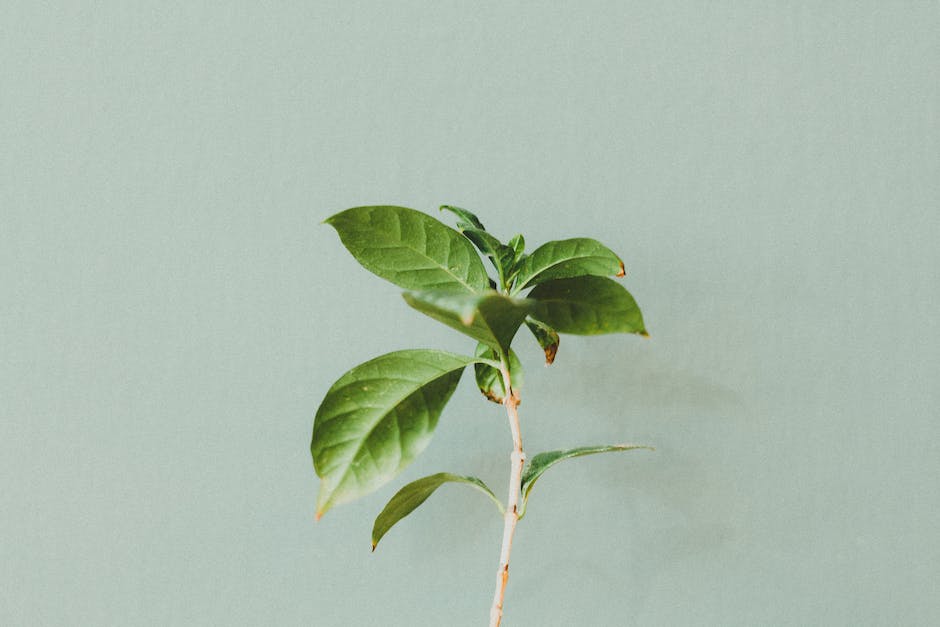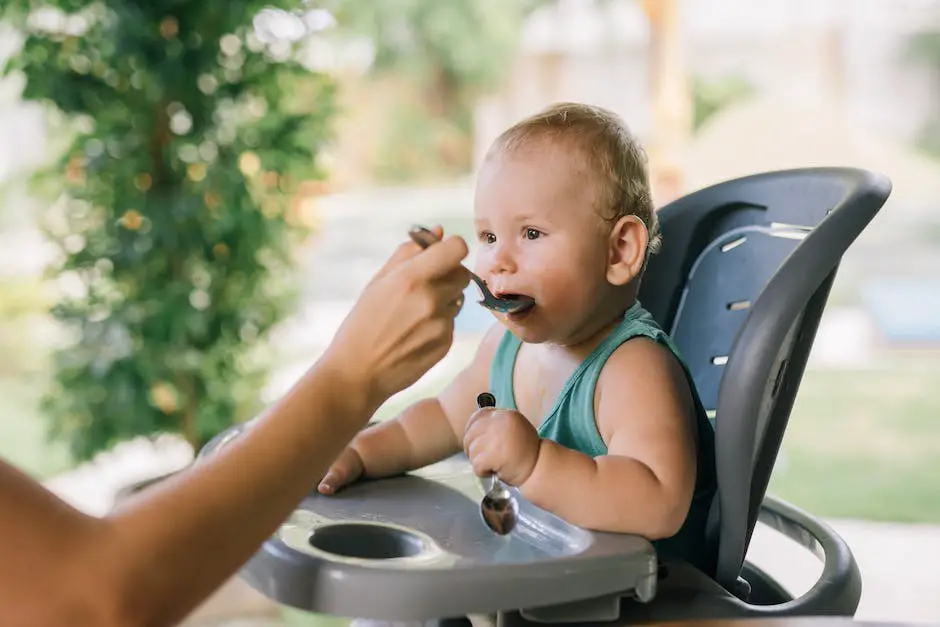Sugar gliders are unique and fascinating creatures, but providing a proper diet for them in captivity can be challenging. This article aims to discuss the role of apples in sugar gliders’ nutrition, as well as the benefits and risks associated with feeding them this fruit.
Sugar Glider Nutrition
Sugar gliders are small, nocturnal marsupials native to Australia, New Guinea, and the surrounding islands. In their natural habitat, these small mammals mainly feed on nectar, fruits, and insects. Nectar makes up a large portion of their diet, providing the sugar gliders with the necessary carbohydrates and sugars. Fruits, on the other hand, supply them with vital vitamins and minerals, whereas insects serve as their protein source. Ensuring a balanced diet is essential for these animals, especially when they are kept as pets.
Apples can be a part of the sugar glider’s diet, but it should be given in moderation since they contain high sugar levels. When providing apples and other fruits to sugar gliders, it is essential to ensure the fruit is thoroughly washed and pesticide-free. Additionally, portions should be small and seeds must be removed, as they can pose a choking hazard or be toxic to the animals. It is essential to remember that apples should not be the sole source of nutrition for sugar gliders; they require a well-rounded diet of various fruits, nectar or nectar substitutes, and a proper protein source like insects or specially made pellets.
In captivity, sugar gliders require a balanced diet consisting of various vitamins, minerals, and other essential nutrients to ensure their health and well-being. Important nutrients like calcium and vitamin D3 help prevent issues such as bone diseases or metabolic disorders. Monitoring their food consumption and adjusting the diet based on age, weight, and activity levels is essential, as is offering a variety of food items to maintain a healthy diet for sugar gliders.

Benefits of Apples for Sugar Gliders
Apples are a nutritious and safe option that can be incorporated into a sugar glider’s diet. Rich in essential nutrients like Vitamin C, potassium, and calcium, apples provide valuable health benefits. When offered as an occasional treat alongside a balanced diet, they can support the sugar glider’s immune system and maintain proper nerve function. Ultimately, providing a variety of food items, including apples, contributes to the overall health and happiness of sugar gliders.
Another significant benefit of apples for sugar gliders is that they can help promote dental health. Apples’ crunchy texture can help clean their teeth by gently scraping off plaque and bacteria, thus minimizing the risk of dental problems. Furthermore, apples have a high water content, which can help prevent dehydration, keeping sugar gliders healthy and energetic. In addition, since apples have a low-calorie content and are high in fiber, they can be an excellent snack choice to prevent obesity in these small marsupials.
Providing apples as a part of a sugar glider’s diet can offer dietary enrichment, supplying variety and preventing mealtime boredom. Including diverse food options can help create interest and excitement during mealtime, making it more enjoyable for sugar gliders. Given the benefits it provides, incorporating apples into a sugar glider’s diet can be a valuable way to enhance their overall well-being and ensure they receive a range of nutrients necessary for their health.
Risks and Precautions of Feeding Apples to Sugar Gliders
Feeding apples to sugar gliders can be a tasty treat for them, but it is essential to be aware of the risks and precautions needed to ensure their safety and health. One risk associated with feeding apples to sugar gliders is the sugar content in the fruit. While sugar gliders enjoy sweet foods, excessive sugar intake can lead to health problems such as obesity and dental issues. As a result, it is important to offer apples as an occasional treat rather than a staple in their diet.
Another concern with feeding apples to sugar gliders is the acidity of the fruit, which can upset their sensitive digestive systems. To minimize the potential risk, provide small, bite-sized pieces and monitor your sugar glider’s reaction. If they seem to tolerate the apple well, it can remain an infrequent treat. Additionally, pesticide residues on the apple’s skin can be harmful to sugar gliders; therefore, it is essential to wash the apple thoroughly before feeding or purchase organic apples to avoid pesticide exposure.
When preparing apples for sugar gliders, there are crucial factors to consider. First and foremost, remove the seeds and core, as they contain cyanogenic glycosides, which can be toxic to sugar gliders. Furthermore, cut the apple into small pieces so that sugar gliders can consume it safely. By following these precautions, you can offer your sugar glider a safe and delicious snack while minimizing potential risks to their health.

Serving Suggestions for Apples and Alternative Fruits
Incorporating apples into a sugar glider’s diet can be a healthy and delightful treat for your furry friend. When serving apples, ensure that they are thoroughly washed and any seeds or stems are removed, as they contain a small amount of cyanide that can be toxic to sugar gliders. Cut the apples into small, bite-sized pieces to make it easier for your sugar glider to eat and enjoy. It is recommended to serve apples in moderation, perhaps once or twice a week, as part of a balanced diet that includes a variety of fruits, vegetables, and protein sources.
There are several alternative fruits that are safe and nutritious for sugar gliders to consume. Melons, such as honeydew and cantaloupe, are excellent choices since they are high in water content and provide necessary hydration. Berries, including blueberries and strawberries, are packed with antioxidants and vitamins, making them a healthy treat option. Mangoes, kiwi, pineapple, and papaya are also suitable fruits for sugar gliders, but, like apples, they should be provided in moderation to prevent any potential digestive issues.
It is important to be aware of fruits that should be avoided in a sugar glider’s diet. Grapes and raisins, for example, can be toxic to sugar gliders and should never be offered. Citrus fruits, such as oranges and lemons, are highly acidic and can potentially cause stomach upset. Always research and consult with a veterinarian or experienced sugar glider owner before introducing new fruits to your sugar glider’s diet to ensure their safety and well-being. Ultimately, providing a variety of safe fruits in moderation, along with a balanced diet, will keep your sugar glider happy and healthy.
Overall, apples can be a nutritious addition to a sugar glider’s diet if offered appropriately and in moderation. By considering the potential risks and taking necessary precautions, you can safely incorporate apples into your sugar glider’s meals. Exploring alternative fruits and providing a well-rounded diet will ensure that your sugar glider remains healthy and happy for years to come.